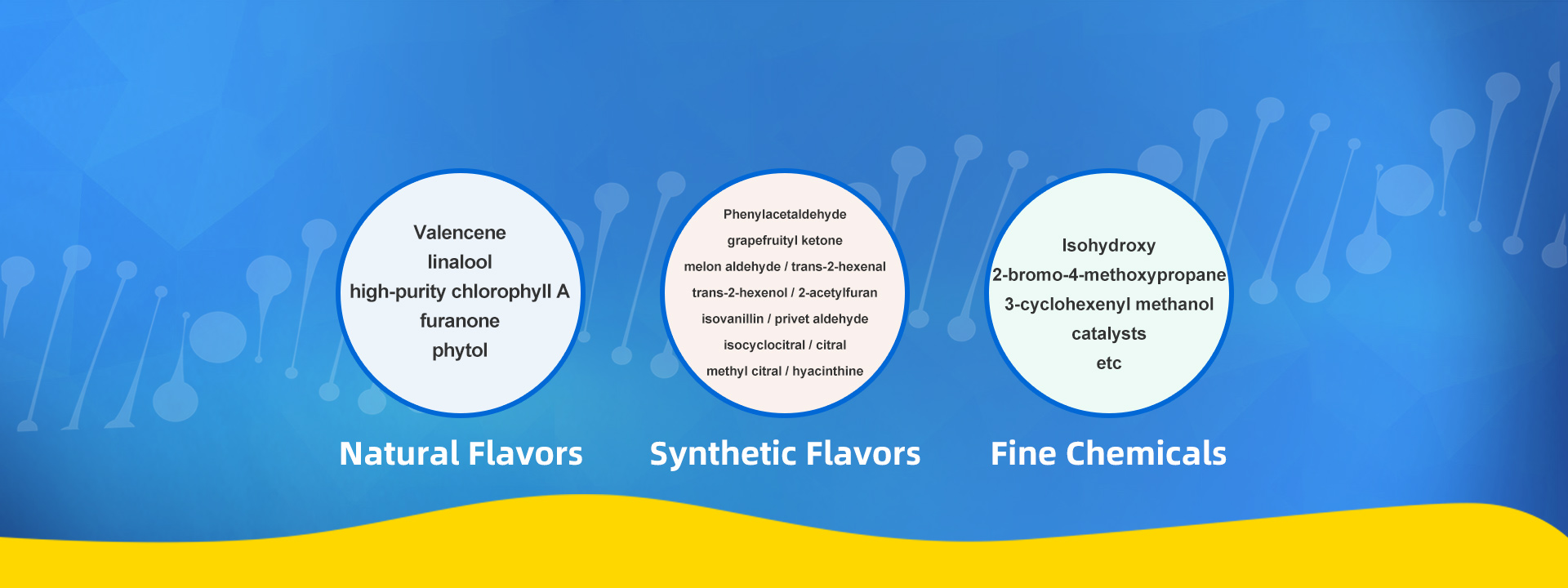Product

|
2,6-NONADIENAL
- Model:25kg
- Purity:99%
- Cas:557-48-2
- Createtime: 2024-11-26
- Updatetime: 2025-07-18
Product Details
| useage | In the glass industry |
| deliveryInfo | |
| appearance | white, granular or crystalline |
| aliasen | |
| supplyCapacity | 10026kgKilogram/Month |
| harbor | |
| minorder | 1KGKG |
Related Product:



 CN
CN





